Taboo Words to Avoid While Working on Your Dissertations In 2024

Introduction
Writing a dissertation requires extensive research as well as close attention to language and presentation details, along with close adherence to changing academic standards in 2023. Prospective scholars need to remain abreast of recent standards by adhering to any prohibited expressions that might reduce the calibre of their work, such as forbidden terms that lower its calibre - this blog post discusses prohibited terms that should be avoided while working on dissertations - we'll outline them here to increase impact and clarity when writing dissertations in 2023!
Seeking the assistance of dissertation writing services is what students prefer to submit a flawless dissertation to their university. We will discuss banned words you need to avoid here, so we've prepared this blog post detailing forbidden terms so prospective scholars don't make errors when working on dissertations this coming year!
Words to be Avoided
The following are the list of words students need to avoid while preparing a dissertation:

1. I Believe or In My Opinion
Writing a dissertation requires striking an objective tone. Your work must be founded upon facts, evidence and well-reasoned arguments rather than using subjective language like "I believe" or "In my opinion". Present your findings and arguments as objective realities backed up by evidence rather than simply reflecting your personal viewpoints.
2. Basically or Simply
Phrases such as "basically" and "simply" may seem simplistic and cause your research to appear less sophisticated than you intended. Try not to oversimplify by explaining your views in clear, precise language without overdoing it with unnecessary words like these.
3. Very or Really
Though these adverbs might seem innocuous, they often weaken your writing. Rather than saying something is "very significant" or "really significant", provide concrete evidence and data supporting your claim - your thesis will become stronger as a result, becoming more persuasive to its target audience. If you need any assistance, connecting with writers offering dissertation writing help is a must in such cases.
4. Good or Bad
Avoid general phrases like "good" and "bad". Instead, use language with greater specificity and precision when talking with clients and/or stakeholders; use terms like "effective," "well-documented," or "successful." Likewise, when talking about problems, substitute words such as "problematic," ineffective," or unsuccessful" instead of using just "bad."
5. Stuff or Thing
In academic writing, informal and ambiguous language is inappropriate. Change generic keywords like "stuff" and "thing" with precise ones that appropriately express your concept. Clarity and accuracy should always be sought after in academic writing.
6. Firstly, Secondly, Thirdly
While using transitional terms like "first," "second," and "third" to group your ideas is permissible, avoid prefixing them with "ly" (e.g., "firstly," "secondly," or "thirdly"). The word "ly" is no longer often used in scholarly writing. Use "first," "second," "third," and so on instead.
7. I Think That or It Seems Like
Phrases like "I think that" or "It seems like" add doubt and ambiguity to your writing, just like "I believe" and "In my opinion," do. Take these qualifiers out, and then confidently offer your ideas.
8. In Conclusion or In Summary
Using words like "in conclusion" or "in summary" at the end of your dissertation is superfluous and may make it appear stilted. Instead, briefly summarise your essential ideas without utilising these words. Without being expressly stated, the conclusion should be evident to the reader. Seeking dissertation help is a must to get your dissertation proofread by professional writers.
9. This May be a Stupid Question, But
Never belittle yourself before asking a question. Academic research has no invalid questions. Ask your question directly, without compromising your own inquiry, if you need something clarified.
10. It's Not My Fault or I Didn't Have Time
Being accountable for your writing is crucial when writing for an academic audience. Avoid blaming others or offering justifications. If you run across difficulties while conducting your research, talk about how you dealt with them or what you took away from the experience. These are the words students need to avoid in their dissertation.
To continue your insightful journey, approach us now and explore more How to Choose the Right Dissertation Writer for Your Research?.
Frequently Ask Questions (FAQ's)
1. What Not to Do in a Dissertation?
In a dissertation, it is crucial to avoid plagiarism. The fact that neglecting proper citations or the case of rushing through research is not a good thing. Every step needs careful attention. It is very essential to maintain academic integrity and it will happen by adhering to the set guidelines as they are important for an impactful and successful dissertation.
2. What Words Are Considered Taboo in Academic Writing?
In academic writing, it is advised in place to avoid using informal language and other components. It is essential to steer clear of biased language, charged words that are very much emotional, and many more. It is good to maintain a formal tone as it is going to enhance the credibility of your academic work.
3. What Kind of Language Should We Not Use in Academic Writing?
In academic writing, it is best to avoid using slang and other complex areas of the language. It is good to opt for clear language for better clarity. Make sure to steer clear of informal expressions, like stuff and many more. Always prioritise clarity in your writing.
4. What are Taboos in Writing?
In writing, it is suggested to avoid excessive use of adverbs or any other form of language. It is important to steer clear of biased language, like the terms that are related to gender-specific. Always strive for clarity in place to ensure effective communication in your writing.
5. What are 5 Examples of Taboos?
The 5 taboos are concerning religion, politics, sexuality, death, and personal beliefs. These subjects have strong emotional reactions which makes them sensitive in place to discuss openly. Adhering to cultural norms is crucial when addressing taboos.
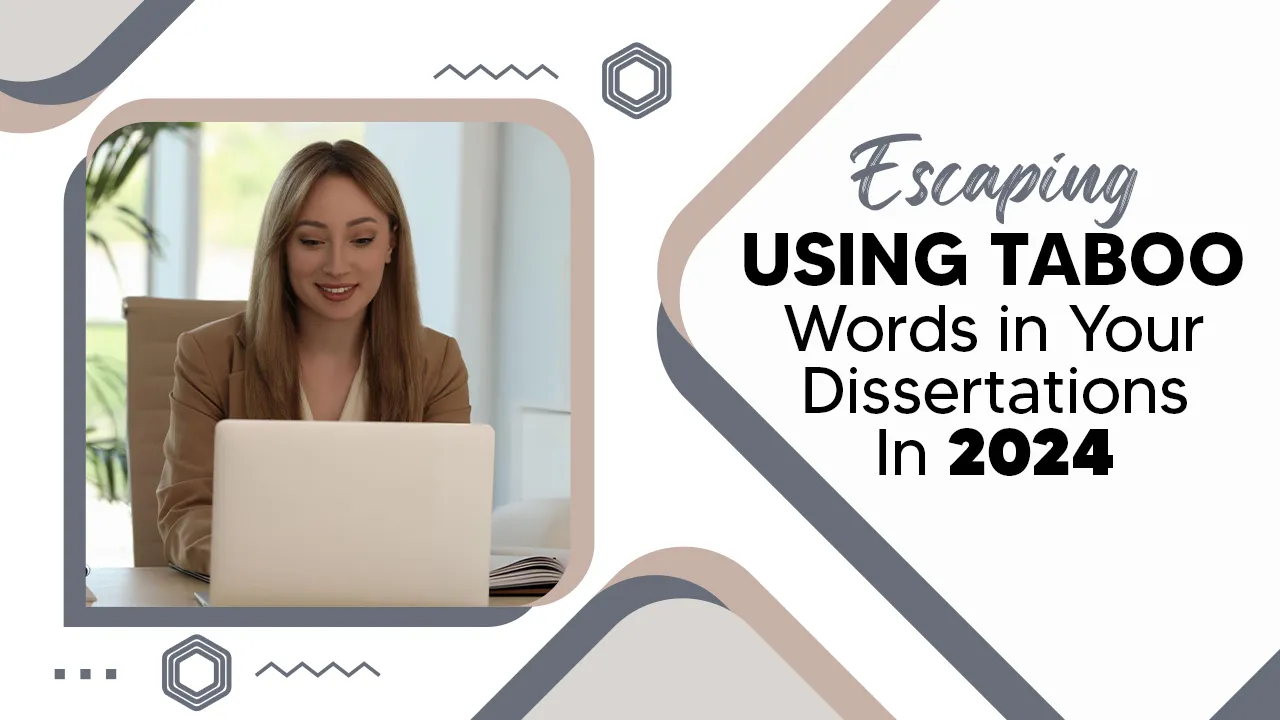
Conclusion
Academic writing requirements still call for objectivity, accuracy, and clarity in 2023. In order to meet these requirements in your dissertation, avoiding taboo terms and phrases is essential. You may deliver a more compelling and impactful dissertation by seeking Dissertation Help UK which clearly communicates your research and ideas to your audience by removing terms that introduce subjectivity, oversimplify, or undermine the professionalism of your work. To ensure that your work stands out for the proper reasons as you begin your dissertation, remember to avoid using these words and phrases.
Your email address will not be published. Required fields are marked *
Recent Post

13 Sep 2024
Rise of Literature Review Services in Research
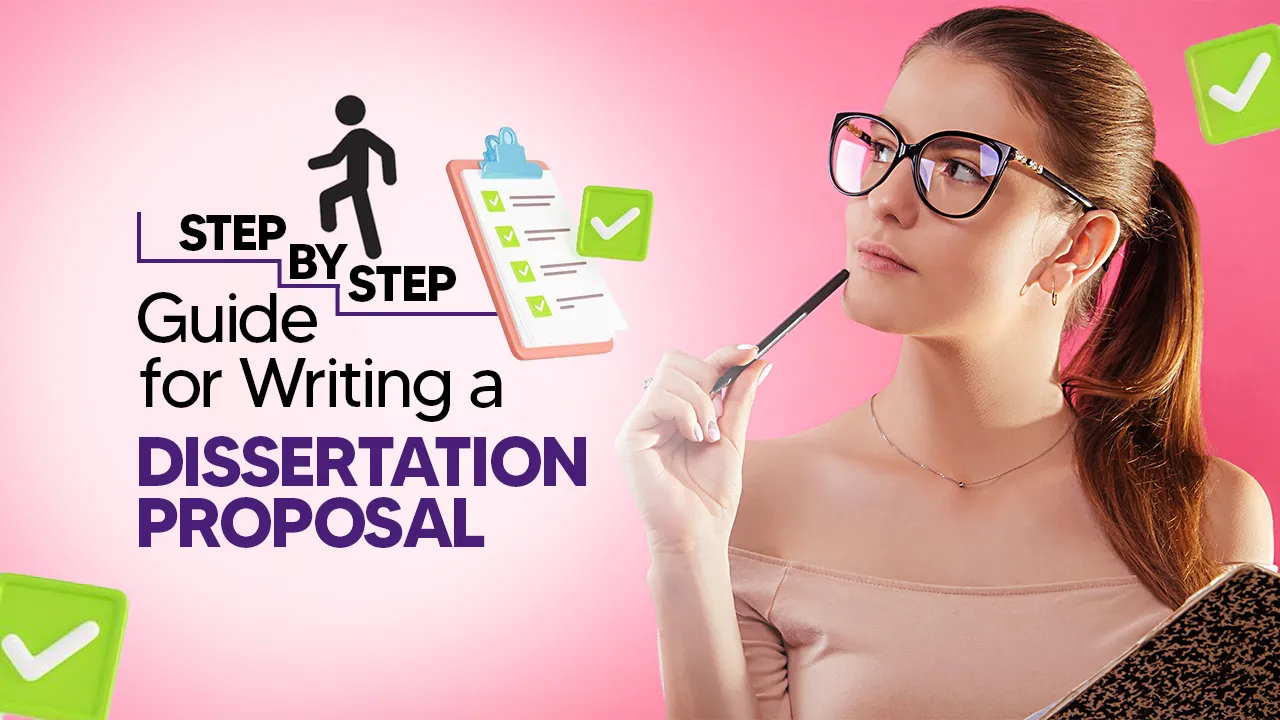
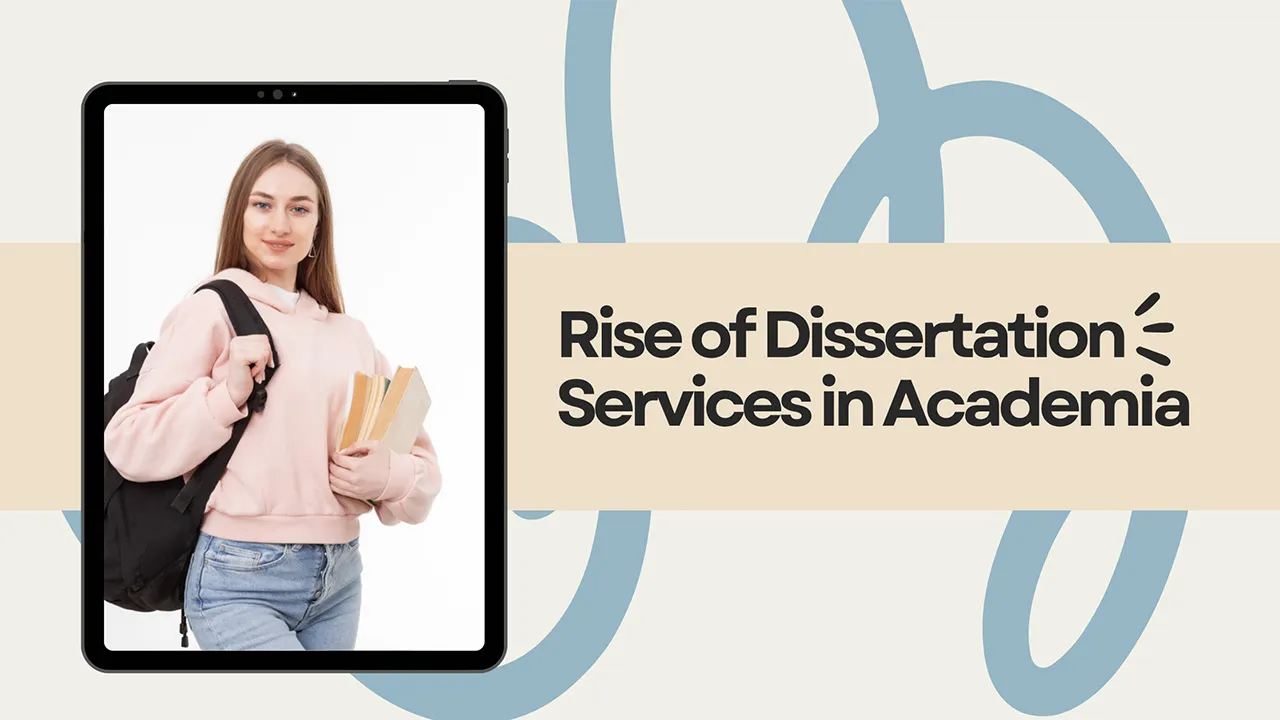
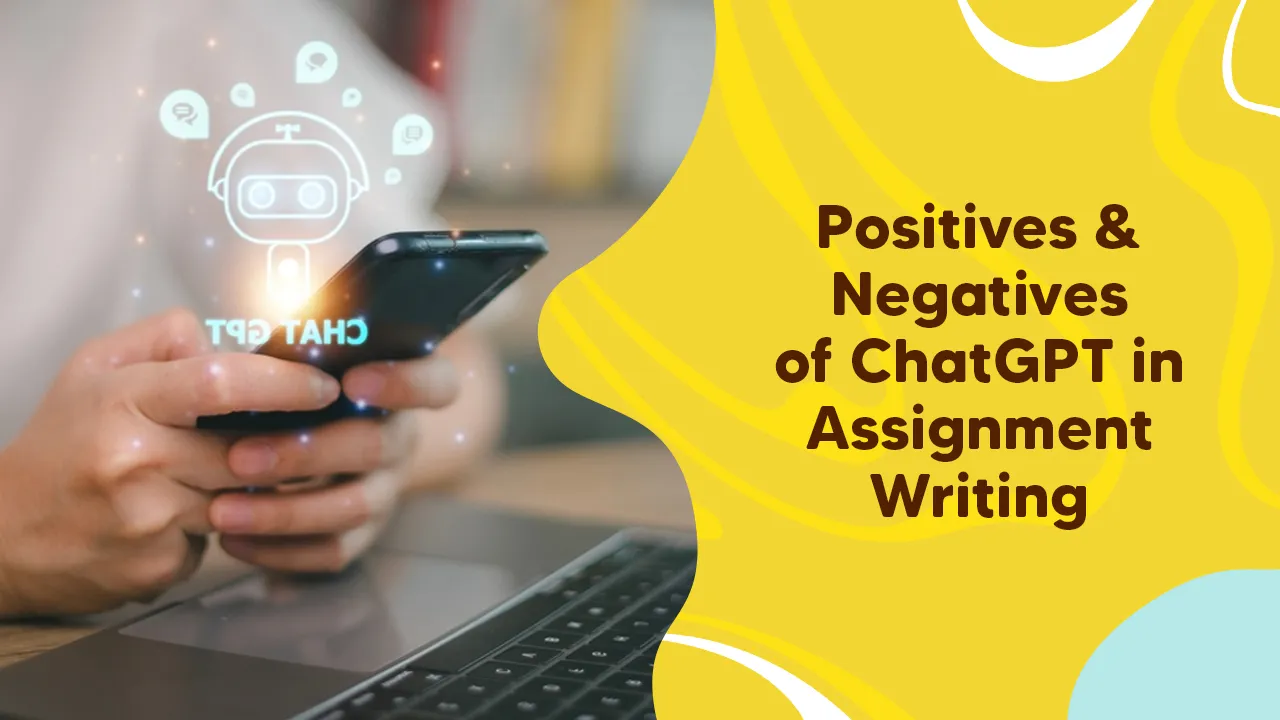
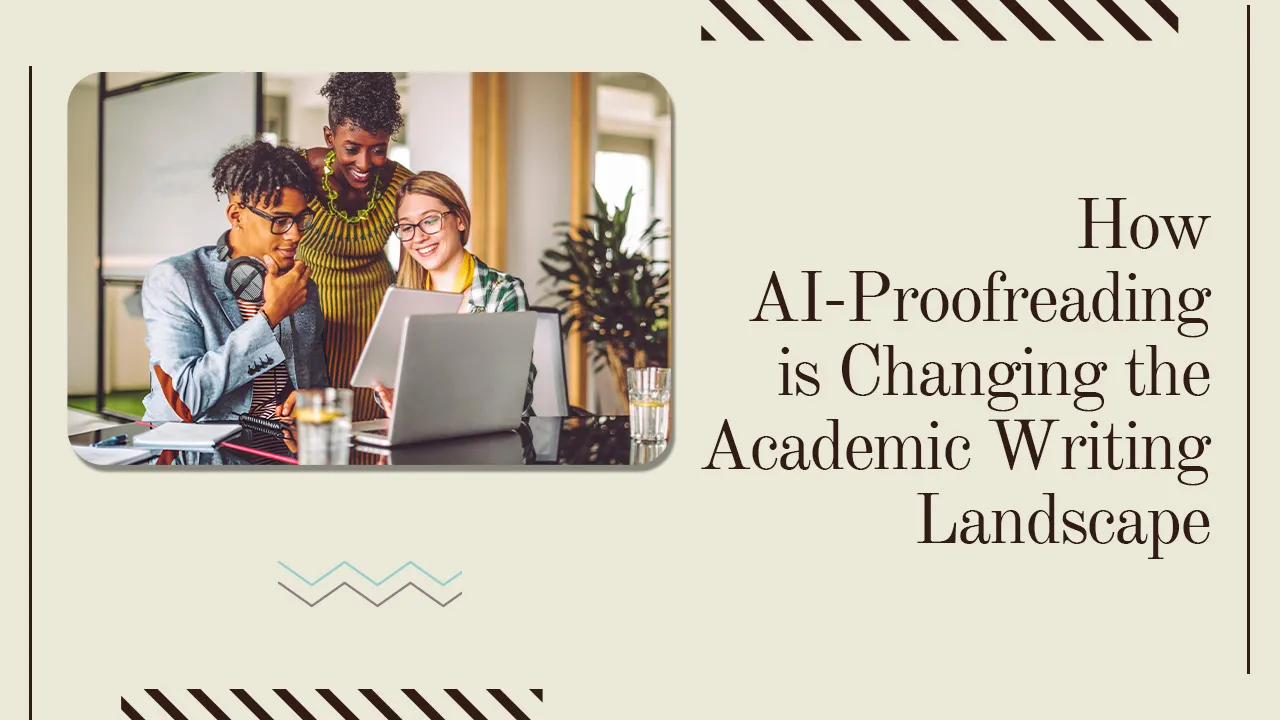

I applaud the writer for their thoughtful approach to discussing taboo words in dissertation writing. Their expertise and clear communication style make this blog a standout resource for students and scholars alike.
A big round of applause to the writer for this informative piece on taboo words in dissertation writing. Their expertise shines through, making it easy for readers to understand and implement these essential tips.
Hats off to the writer for their thorough research and clear explanation of why avoiding taboo words is essential in dissertation writing. Their insights are invaluable for anyone embarking on this academic journey.
I'm truly impressed by the writer's attention to detail in highlighting taboo words to steer clear of during dissertation work. A must-read for all aspiring scholars!
Kudos to the writer for highlighting the significance of avoiding taboo words in dissertations. Their comprehensive breakdown and practical tips are a testament to their expertise in academic writing.
Kudos to the writer for highlighting the significance of avoiding taboo words in dissertations. Their comprehensive breakdown and practical tips are a testament to their expertise in academic writing.